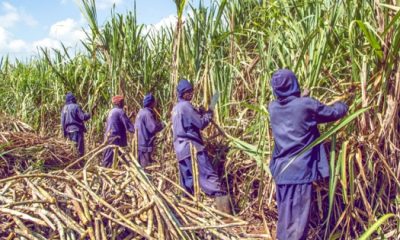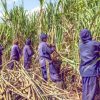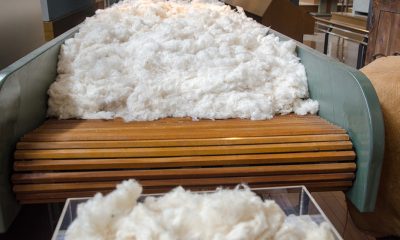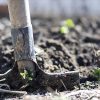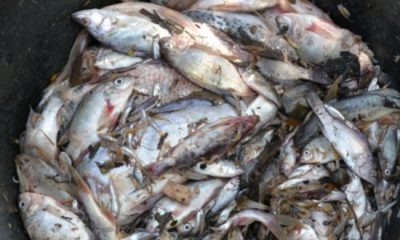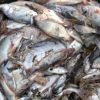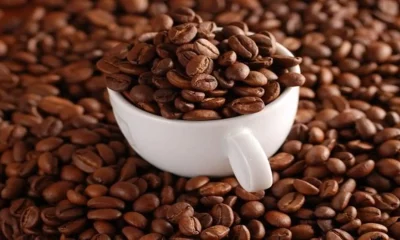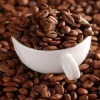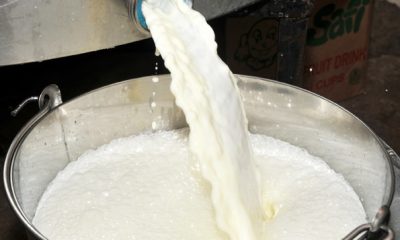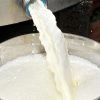In a bid to bolster the quality and quantity of goats in Uganda and satisfy both local and international market demands, the government has allocated a substantial sum of shs6.5 billion to provide hybrid goats to farmers in Ssembabule district. As part of this initiative, 47 fortunate farmers have recently received hybrid goats, marking a significant step towards achieving this ambitious goal.
The project, initially launched as a pilot, is now expanding to encompass six districts across the country.
The Hybrid Goat Distribution: Each recipient farmer was given a male Savannah goat and tasked with contributing 50 nannies for cross-breeding purposes.
This approach is expected to transform each beneficiary into a nucleus breeder who will support farmers in other participating districts, including Sembabule, Wakiso, Nakaseke, Nakasongola, Gomba, Kyankwanzi, and Mubende.
Project Goals and Progress: At the project’s conclusion, it is projected that at least 2,350 goats of local breed will have undergone cross-breeding to improve their quality.
Despite its promising potential, the project faces challenges due to inadequate funding. Out of over 500 farmer applications, only 30% have been able to receive hybrid goats.
Consequently, the number of beneficiaries stands at 471 households, falling significantly short of the initial target of 1,120. The funding gap has also hindered effective monitoring and medical care for the animals, as well as the procurement of specialized transportation and personnel required for project operations.
Project Origins and Components: The goat project was initiated in 2005 as a presidential endeavor aimed at enhancing both the number and quality of goats in Uganda. The project was structured around four primary components:
- Conservation of Local Breeds: A vital component of the project is the preservation of local goat breeds.
- Improvement of Local Breeds: Farmers receiving goats are required to cross-breed 50 nannies with a pedigree male Savannah goat.
- Promotion of Peri-Urban Farming: This aspect focuses on the development of dairy goat farming, particularly in Wakiso district.
- Improvement of the Goat Gene Pool: The project aims to enhance the overall goat gene pool in Uganda by introducing quality breeds.
Economic Potential: The introduction of improved goat breeds is expected to have a significant economic impact. While a mature indigenous goat can fetch between shs250,000 and shs300,000 in the market, the improved breeds have the potential to command prices of up to one million shillings.
Furthermore, the project is promoting commercial dairy goat farming, particularly in Wakiso district, where a single liter of goat milk can fetch between shs6,000 and shs8,000. This endeavor has the potential to earn a farmer up to shs11 million annually from goat milk alone.




